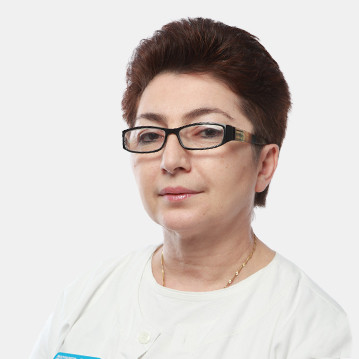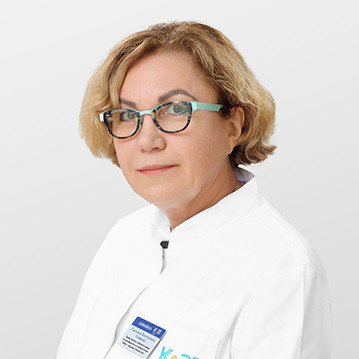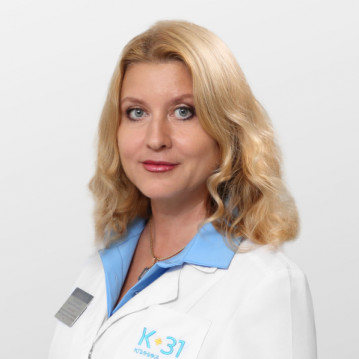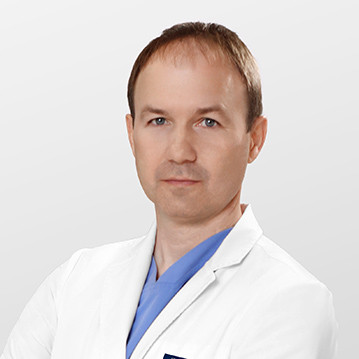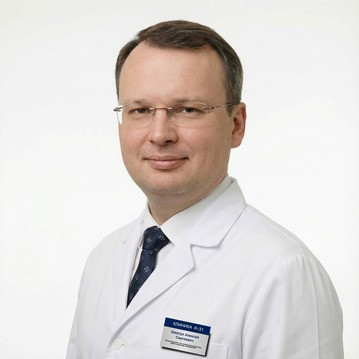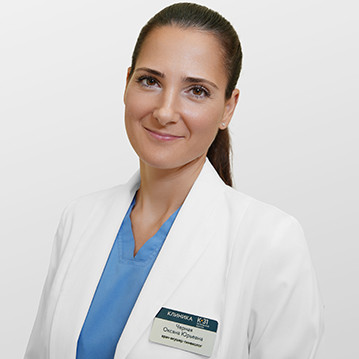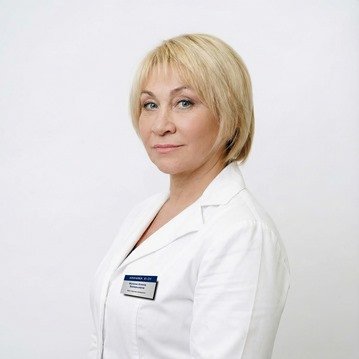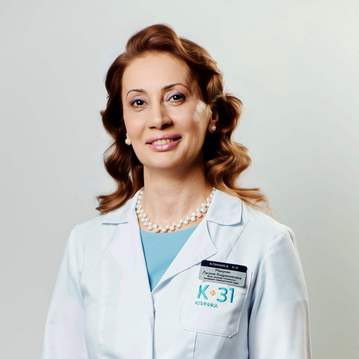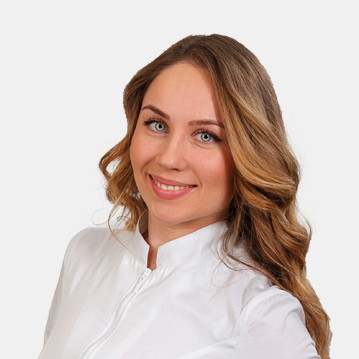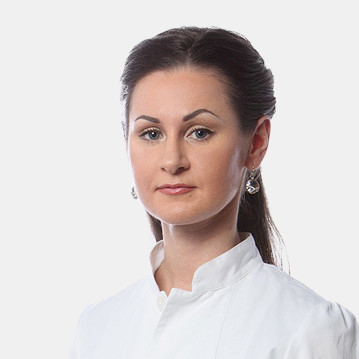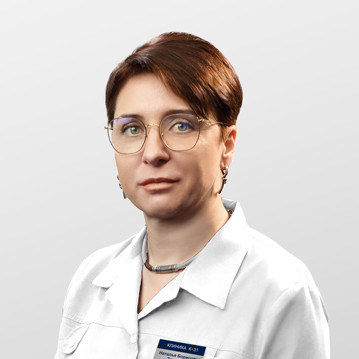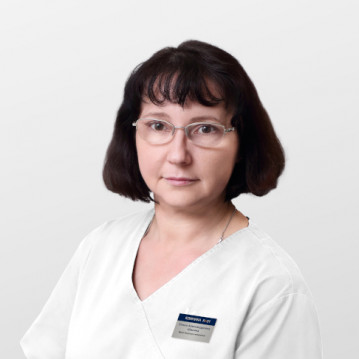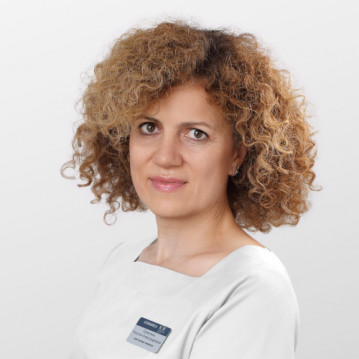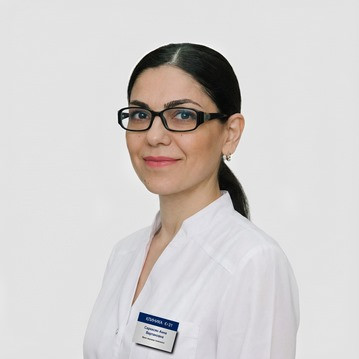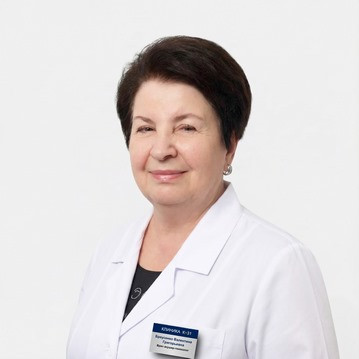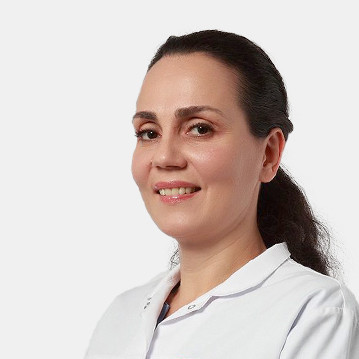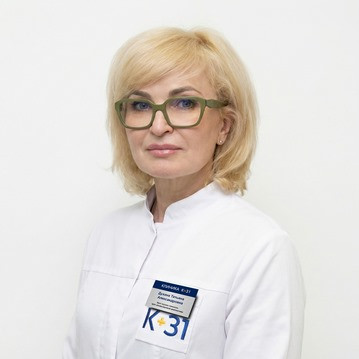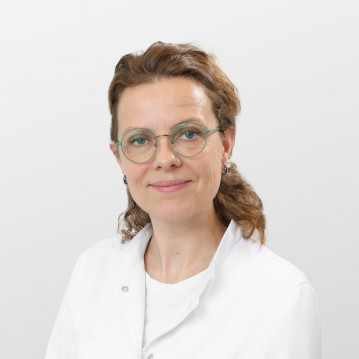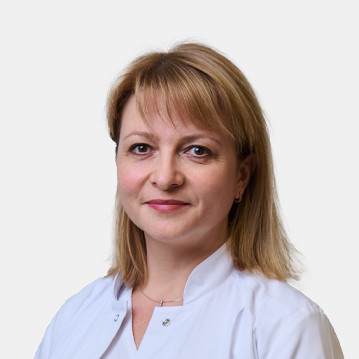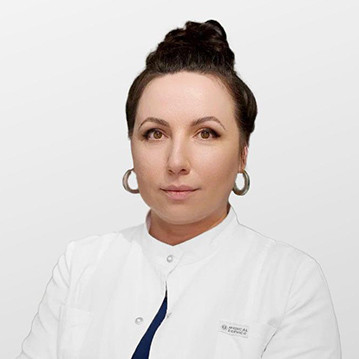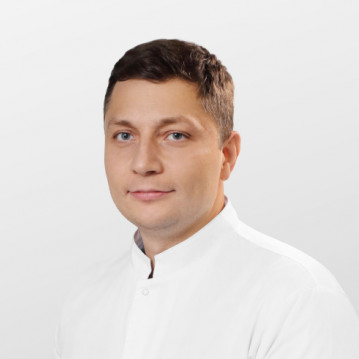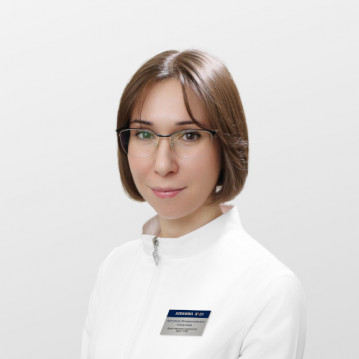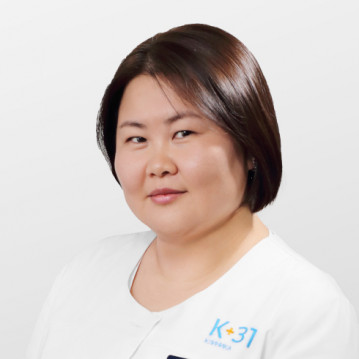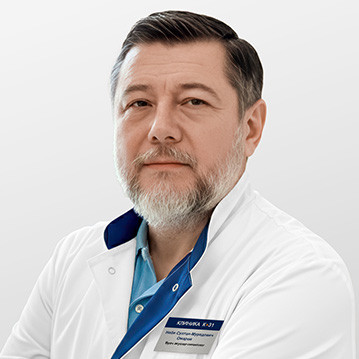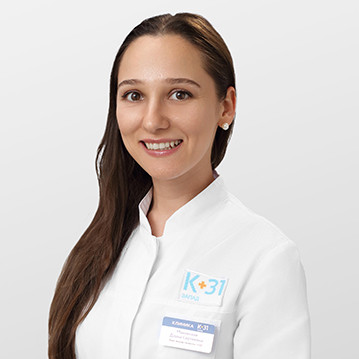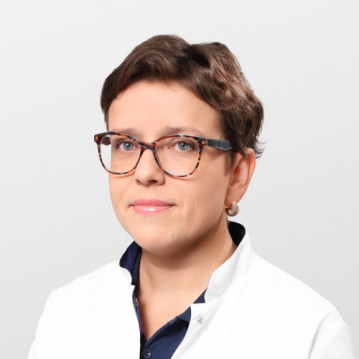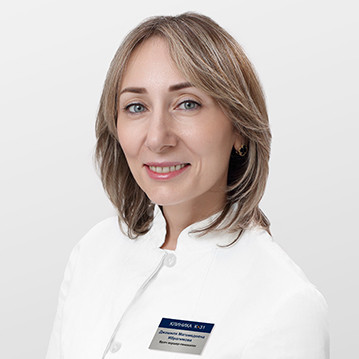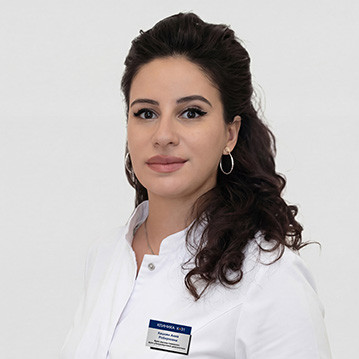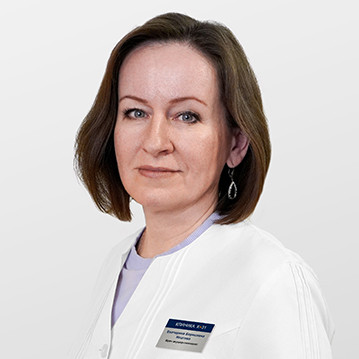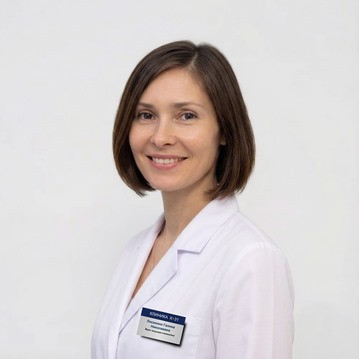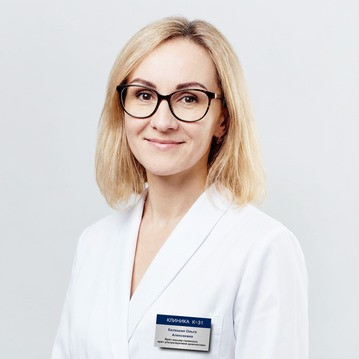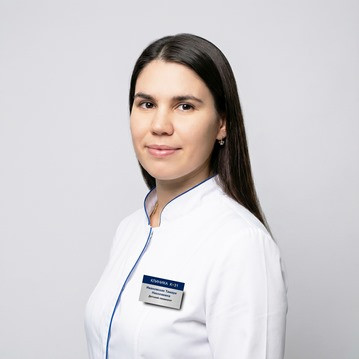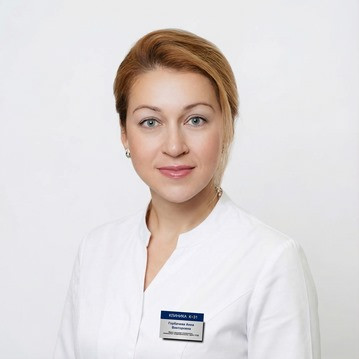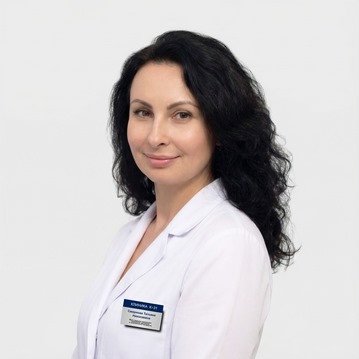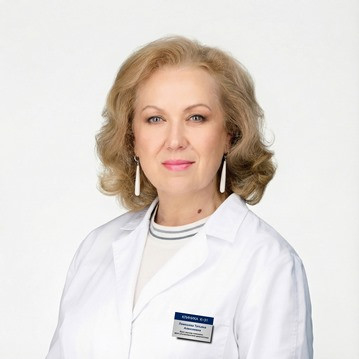Stress urinary incontinence

specialists

equipment

treatment
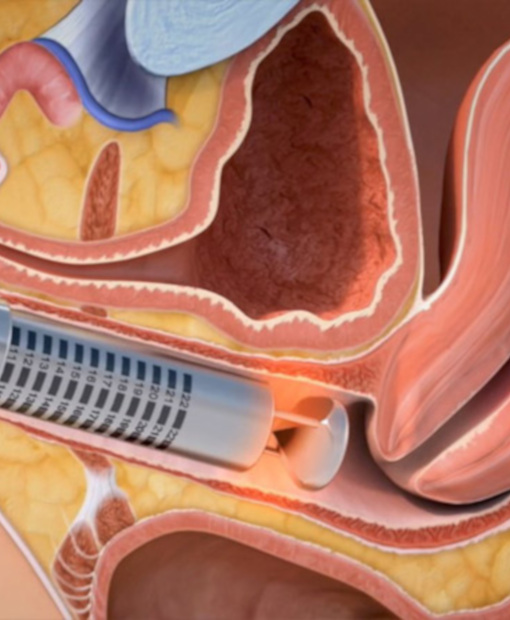
INTIMALASE technology is a non-surgical vaginal plastic surgery for the treatment of vaginal relaxation syndrome (decrease in tone, elasticity, elasticity of the vaginal walls).
The effect of the procedure:
- Instant reduction of collagen fibers by two thirds.
- The fibers become thicker and shorter, then the treated fabric shrinks and contracts.
- The treated fabric becomes firm and elastic.
- The tone of the vaginal tissue increases.
- The effect of sagging vaginal walls is completely eliminated.
Fotona is a unique method of treating various gynecological and urological diseases using modern laser devices. We offer services using patented INTICOLASE and INTIMALASE technologies.
The main advantages of Fotona Technology laser beam technology:
Stress urinary incontinence is a disease that, according to Ministry of Health statistics, affects about 40% of women over 45 years of age. Slightly less common with sudden loss of urine resulting from increased intrapelvic and intra-abdominal pressure (from loud laughter, sneezing, exercise, coughing, tension, etc.) men encounter.
Stress urinary incontinence occurs as a result of:
- Prolapse is also a weakening of the pelvic floor muscles, problems with the structure and function of connective tissues, for example, as a result of autoimmune rheumatic pathologies, chronic cough, excess weight, pregnancy, pelvic floor injuries during childbirth. Also, urinary incontinence in women after 40 years is associated with menopause and menopause, loss of tissue elasticity
- Neuromuscular injury after surgery on the pelvic organs
Among the causes of the development of involuntary urination, which act as provoking factors, are:
- Long-term smoking
- Frequent heavy lifting
- Intense strength training with heavy weights (the result is stress incontinence)
- Damage to tissue and nerve endings during childbirth, which leads to weakening of the pelvic floor muscles and bladder sphincter
- Removal of the uterus in women or the prostate in men (prostate gland) and other operations on organs in the pelvis
- Advanced age is one of the main causes of urinary incontinence
- Excess weight can also provoke a similar condition. This is due to the increased load on the organs in the abdominal cavity and pelvis
- Impaired intraurethral pressure or damage to the urethra
Stress urinary incontinence in women or men is accompanied by involuntary leakage of urine without urge to urinate during various activities, such as lifting heavy objects, especially if the bladder is full. It is possible that residual urine may leak out even after emptying the bladder when bending forward, running, or throwing and other physical activity, when coughing, sneezing, laughing and during sex. The patients' condition is accompanied gradual deterioration as the disease progresses. Progress is observed especially quickly in the absence of qualified help and treatment of stress urinary incontinence.
Before choosing how to treat enuresis, the doctor sends the patient for a comprehensive diagnosis:
- Preliminary examination with history taking
- General urine analysis and culture
- Blood test to rule out kidney pathologies
- Special measurement of residual urine volume
- Urodynamic study
- Ultrasound of the pelvic organs to determine other urological problems
Based on the results of the examination and data from the urination diary, the doctor prescribes treatment for stress urinary incontinence in women and men. Diagnostics are available as part of medical care for patients at the K+31 clinic in Moscow.
Only a specialist knows how to cure urinary incontinence, so it is necessary to promptly when the first symptoms appear contact a medical center. Clinic "K+31" uses advanced methods and modern treatment systems. Depending depending on the stage and causes, it is possible to use special drugs, i.e. drug therapy, work on nervous system or behavioral therapy. Surgical treatment is also possible. Operations are indicated only in a number of cases and when irreversible changes in the urethra. Surgical treatment, for example, sling operations are carried out minimally invasive method and retropubic access.
The INTIMALASE technology, indicated for minor changes in the vagina, deserves special attention. Doctors at our clinic use different treatment methods and always find ways to solve the patient’s problem. We create comfortable conditions for everyone and are ready to restore your health.
Other services

Appointment to the doctor
Treatment of genital prolapse(INTIMALASE)
Genital prolapse is a disease that develops gradually, but in which prolapse or prolapse of the uterus, vagina, appendages occurs.
- heredity;
- pregnancy and childbirth;
- increased intra-abdominal pressure;
- old age;
- surgical intervention;
- decrease in hormone production;
- inflammatory diseases;
- heavy physical activity.
Price
Make an appointment at a convenient time on the nearest date
Our doctors

This award is given to clinics with the highest ratings according to user ratings, a large number of requests from this site, and in the absence of critical violations.

This award is given to clinics with the highest ratings according to user ratings. It means that the place is known, loved, and definitely worth visiting.

The ProDoctors portal collected 500 thousand reviews, compiled a rating of doctors based on them and awarded the best. We are proud that our doctors are among those awarded.
